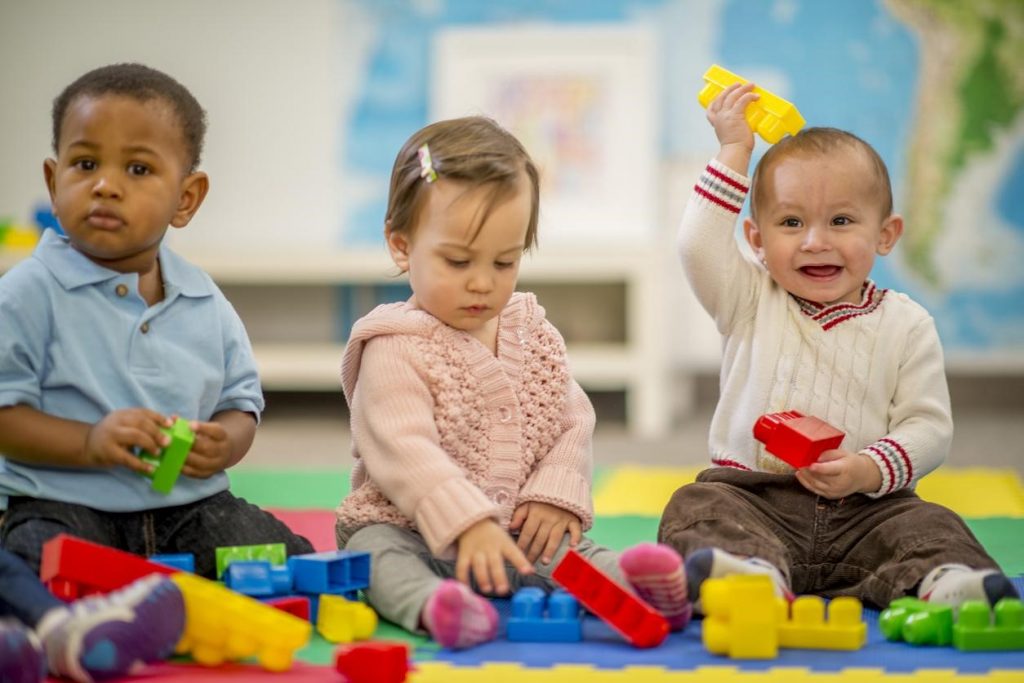Fine motor skills can be difficult to master but are an important part of exploring the world
Fine motor skills are more than just the ability to master simple tasks like holding a crayon or zipping a coat; they’re also steps toward independence that allow a toddler to learn and explore. Children are curious about the world around them and begin to move, reach, grasp, push, and pull to explore their way through it.
Caregivers can encourage natural progress – or note any areas that need improvement or early intervention – by arranging activities that challenge babies and toddlers to improve their physical abilities to include fine motor skill development.
Fine motor skill milestones
Gross motor skills are movements that use the entire body, including the basics like rolling over, sitting up, crawling, walking, and general movement. Fine motor skills are the next step, and involve greater hand-eye coordination and attention to detail such as pointing, building a tower, scribbling, holding a cup, or using a spoon.
Like most early childhood development, motor skills generally improve naturally. Although all babies progress at different paces, the following is a list of milestones as they relate to fine motor skill development by age:
12 to 18 months
- Point with pointer finger
- Build a 2-block tower
- Grasp a toy with two hands
- Scribble with a crayon
- Hold and drink from a cup
- Use a spoon
- Remove socks
18 to 24 months
- Place stacking rings on a stick
- Build a 4-6 block tower
- Turn knobs
- Throw a small ball
- Put shapes into a shape sorter
- Turn 2-3 pages together in a book
- Pull up a large zipper
24 to 36 months
- Turn individual book pages
- Fold the paper in half
- Use one hand more than the other
- Build a tower with nine large blocks
- String large beads
- Draw straight lines and circles
- Put together connecting blocks
If you have concerns about the progress of a child in your care, make the parent aware so that they can speak to their pediatrician.
Tips and tricks for development
Use the following suggestions to incorporate fine motor skills activities into your daily caregiving routine:
- Encourage toddlers to pick up pom-poms using their thumb and forefinger
- Fill an empty baby wipe container with scarves to pull out
- Provide toys with dials, switches, and knobs
- Allow them to fill and dump smaller objects from large containers
- Provide a sensory bin full of sand with age-appropriate items hidden inside
- Let them squeeze a wet sponge into a bucket
- Provide blocks for stacking – and knocking over
- Give them large crayons, pieces of chalk, and finger paint at art time
- Introduce a fork and spoon early and often
- Play patty-cake and other hand games
- String large beads on yarn
Acquiring fine motor skills is more difficult than you may realize and takes practice and opportunity. Provide plenty of materials, space, and support and recognize that the thought process involved is more difficult than gross motor skills, which require encouragement but develop more naturally. Remember that mastering fine motor skills is another step toward independence, which is essential for the healthy growth of young children.
The Virginia Infant & Toddler Specialist Network helps improve the quality of care for infants and toddlers through extensive resources, services, and education for caregivers. Learn more about how we can help you improve the standard of care.




